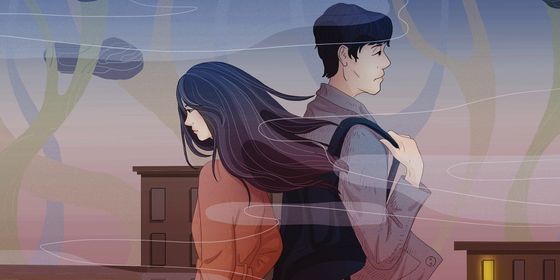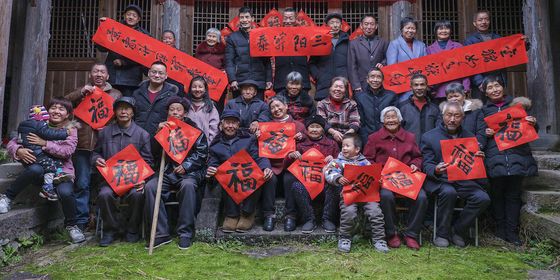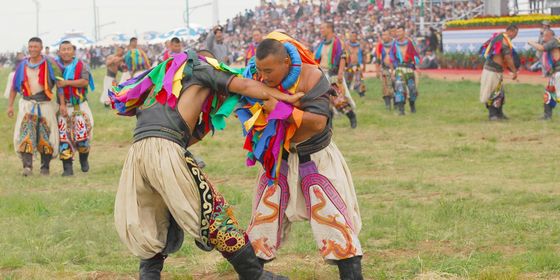Couples in China seek equality through “double-ended marriage”
As a successful female vlogger and comedian, fans expected Papi Jiang (Papi酱) to push the boundaries for women’s empowerment. Therefore, many of Papi’s over 30 million Weibo followers were shocked and upset when she gave her newborn baby her husband’s surname in last May, and called her a sellout.
Perhaps Papi Jiang could consider a new solution to the problem of choosing a surname for children: liangtou or “double-ended” marriage (两头婚), a new trend emerging in economically developed Jiangsu and Zhejiang provinces in eastern China.
In a liangtou marriage, the husband and wife live separately from their own parents. They generally have two children, one with the father’s surname and one with the mother’s. The grandparents on each side support the cost of child rearing.
Liangtou marriage is meant to ensure that the lineage of both the partners’ family continue, and is also touted as a solution to China’s aging population problem by encouraging couples to have more children, with both sides contributing to the finances.
Traditionally, a Chinese woman left her own parents and joined her husband’s household when she married. She would be expected to take care of her in-laws and regard them as her own family, and the couple’s children would take the father’s surname.
Though these rules are much more relaxed today, marriages in modern Chinese society still tend to favor the male’s family in terms of whose surname is inherited and whose parents the couple spends the holidays with. However, with the one-child policy that began in 1980, today’s young adults are normally the only children in the family. Many families with married only daughters are grappling with the question of inheritance, old-age care, and lineage.
More and more marriages are breaking the norms. According to a survey by Xinhua News Agency in 2018, family members on the maternal side have been participating more in their daughters’ marriage, and maternal grandmothers are becoming more involved than paternal grandmothers as caregivers for grandchildren.
Not all are convinced, though, that liangtou marriage is truly progressive. Influential feminist blogger “I am Luosheng” expressed worries that the new marriage model still puts pressure on women to have children and might even reinforce women’s position as primary caregivers. They might become forced to give birth to two children, and won’t have access to one of them.
On Douban, a review and social media platform, many users discussing liangtou marriage argue it would give women an illusion of equality, while problems such as unequal parenting responsibilities and inadequate maternity leave still exist.
Yet although liangtou marriage may not solve these problems, Zhao Chunlan, lecturer at Zhejiang International Studies University who has studied the phenomenon, still supports it as a “compromise between the parents and their children” and “reconciliation between tradition and modernity in Chinese villages.”
“Liangtou marriage…originated in the rural areas of Jiangsu and Zhejiang where families are wealthy but conservative. They hope someone will pass on the family bloodline, and are unwilling to be separated from their daughter; old-age care also matters,” Zhao told The Paper.
While acknowledging that this “compromise” still echoes archaic views on family lineage and has traces of arranged marriages from history, the key is that families are beginning to “negotiate” on tradition, according to Dr. Zhao. “It’s a big change.”
Marry Go Round is a story from our issue, “You and AI.” To read the entire issue, become a subscriber and receive the full magazine.












